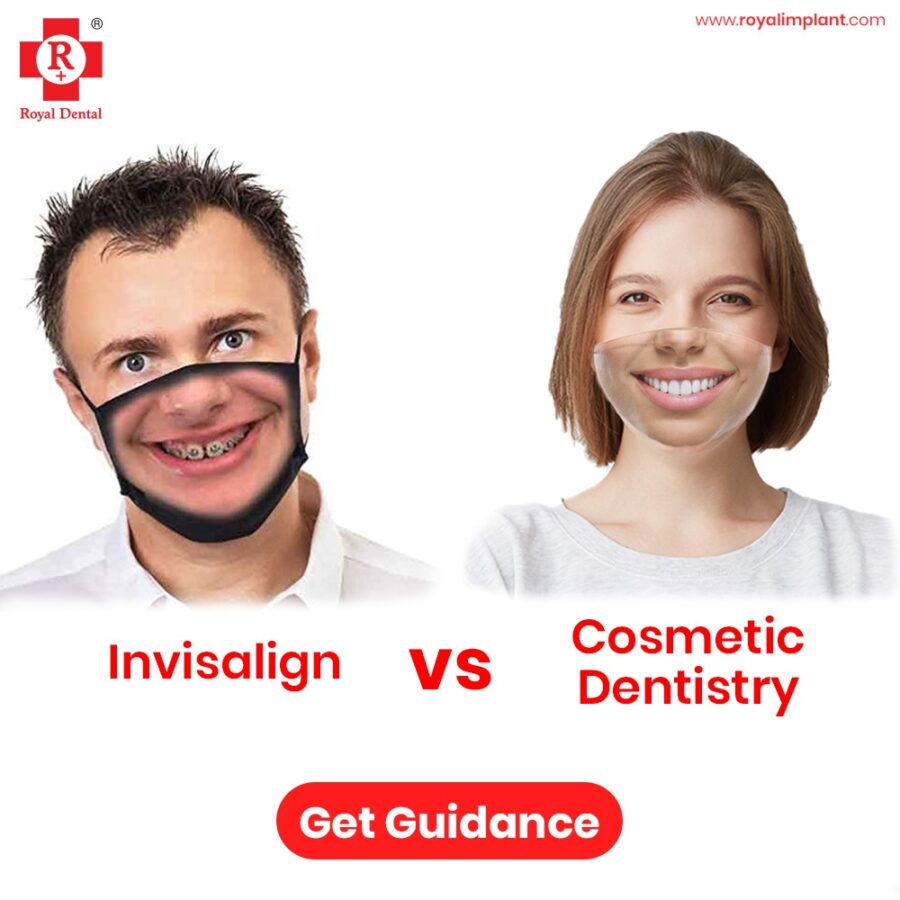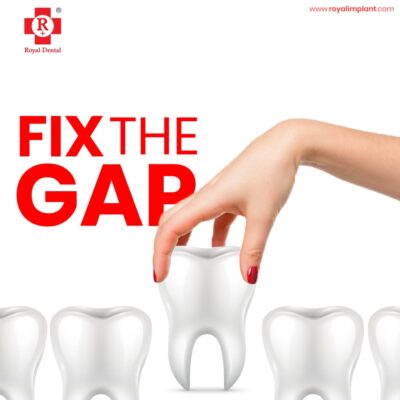Cosmetic dentistry is a branch that specialises in fixing teeth and correcting flaws to improve the appearance of your smile. Cosmetic dentists use various procedures, such as veneers, crowns and bleaching, to correct small imperfections and make your teeth whiter or straighter. A cosmetic dentist may also recommend other services, suchas tooth whitening, dental implants and Invisalign braces. Tooth bonding is a cosmetic dental procedure that involves applying a custom-tinted composite resin to your teeth. Cosmetic bonding teeth can repair a range of common complaints.
Gaps between teeth, broken or chipped tooth, cosmetic contouring etc can be corrected. The process involves using composite resin to fill in gaps between teeth and even out the surface of each tooth. The result is a more even smile that can increase your confidence while decreasing the risk of social embarrassment from stained or crooked teeth.
What is Cosmetic Bonding on teeth?
Bonding is a procedure used to repair damaged teeth. A composite resin material is applied to the tooth and hardened with an ultraviolet light. During the process, a light-activated adhesive is applied to the tooth and hardened with the light. This creates a strong and durable bond between the damaged tooth and the composite resin. Bonding was created as a less costly alternative to porcelain veneers.

The procedure can be completed in one sitting and can last for many years as long as the person continues to maintain good oral hygiene. Unlike veneers, bonding does not require removing any tissue from the tooth. Instead, the bonding material is applied to the outside of the tooth.
How does Cosmetic Bonding Teeth procedure work?
The dentist will apply a fluoride solution to the tooth to make it more porous, allowing the bonding resin to adhere to it. Once the bonding resin hardens, the dentist will file the excess material off the tooth so that it forms a smooth surface. The dentist will then polish the tooth to make it tooth-coloured.

Benefits of Cosmetic Dentistry Bonding
Improved aesthetics– A cosmetic bonding procedure will brighten your smile and make your teeth look whiter and more uniform. This will greatly improve your self-confidence, especially in social situations where good oral hygiene is essential.
Reduced tooth sensitivity-If your teeth are too sensitive for normal brushing, you may want to consider dental bonding because it does not remove any tooth structure. This will reduce your risk of tooth sensitivity and make it easier for you to maintain good oral hygiene.

Improved denture retention– If you wear dentures, dental bonding can help you retain them better. This will reduce your risk of infection and improve your self-confidence because your dentures will fit better and look more natural.
Easy to repair– A dental bonding procedure is quick and easy to repair if your teeth become damaged or discoloured over time.
Minimal risk– A dental bonding procedure has minimal risks associated with it. However, it is not suitable for all people because some may not be able to benefit from the bonding material.
Limitations of the Procedure
Cost– Dental bonding is more affordable than porcelain veneers and other cosmetic procedures; however, the dentist will have to make multiple visits to complete the procedure.
Time– A cosmetic bonding procedure can take several weeks to complete because the dentist will have to make multiple appointments.
Tooth sensitivity– You may experience tooth sensitivity during a cosmetic bonding procedure, especially if you have sensitive teeth. Some dentists may recommend desensitizing your teeth before the procedure to reduce your risk of sensitivity.

Appearance- A cosmetic dentistry procedure will not give you a brand-new smile. Because it only covers the surface of your teeth.
Pigmentation– If you have darker teeth, a cosmetic bonding procedure may not work for you because the bonding material may appear darker against your teeth.
Dentures– If you wear dentures, a cosmetic bonding teeth procedure may not work for you because the bonding material may not hold as well to your gums.
Repairs That Require Bonding Before Replacement
Broken tooth: If a tooth breaks, it may be difficult for the dentist to remove all of the pieces. A cosmetic bonding procedure can help by preventing the broken pieces from causing further damage. –
Discoloured tooth: A cosmetic bonding procedure can help if you have a discoloured tooth and cannot replace it with a new one.
Missing tooth. If you have a missing tooth, it may affect your bite and make it difficult for you to chew. A cosmetic bonding procedure can help by closing the gap between your teeth and preventing your remaining teeth from shifting out of alignment.
Conclusion
The cosmetic dentistry bonding procedure is a quick, affordable and easy-to-repair way to improve the aesthetics of your smile. Although the procedure does not produce a 100% natural-looking result, it can significantly improve your self-confidence. However, you should consult with your dentist to determine if this procedure is right for you. If you have been struggling with stained, discoloured or broken teeth. Dental bonding can help you repair the damage by creating a stronger and more durable bond between your teeth and the bonding material.






